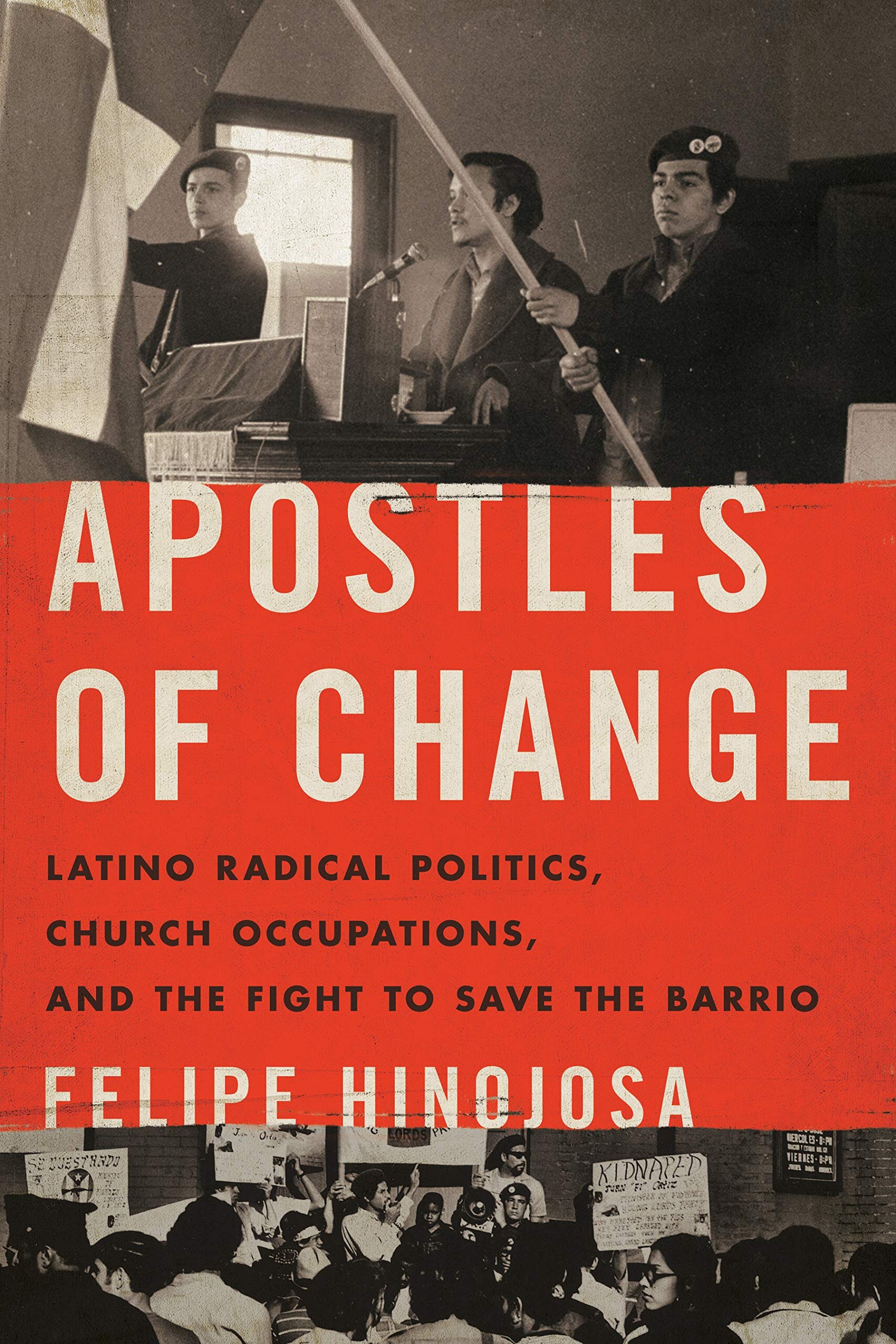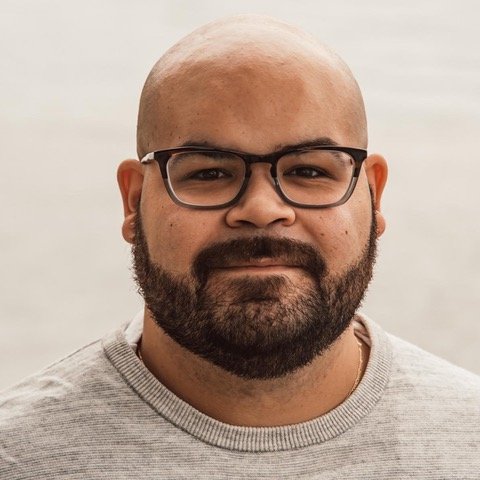Apostles of Change
Jorge Juan Rodríguez V and Dr. Felipe Hinojosa discuss his new book on Latino radical politics, church occupations, and the fight to save the barrio
Young Lords member Felipe Luciano addressing a crowd outside the FSUMC [First Spanish United Methodist Church], “Second People’s Church,” October 1970. © Copyright Hiram Maristany; courtesy of Hiram Maristany.
"In December of 1969, after months of failed negotiations with church leadership, the New York Chapter of the #YoungLords occupied the First Spanish Methodist Church in East Harlem, renamed it 'The People's Church,' and for eleven days hosted community programs within its walls." —Jorge Juan Rodríguez V @JJRod for @UnionSeminary, 12 April 2019
Dr. Felipe Hinojosa grew up in Brownsville, on the Texas-Mexico border. Steeped in the work of Iglesia Menonita del Cordero, where his father was pastor, he saw early on “the need to dream collectively, as a community." In this episode, Jorge Juan Rodríguez V talks to Dr. Hinojosa about his newest book, Apostles of Change: Latino Radical Politics, Church Occupations, and the Fight to Save the Barrio (University of Texas Press, 2021). During the American urban crisis of the late 1960s, religious institutions were undergoing fundamental change against the backdrop of the Black and Brown Power movements, which challenged economic inequality and white supremacy. Apostles of Change maps the Latino freedom movements in Chicago, Los Angeles, New York City, and Houston. Dr. Hinojosa argues that understanding the history of these radical politics is essential to understanding the dynamic changes in Latino religious groups from the late 1960s to the early 1980s.
“Overwhelmingly readable, Apostles of Change is a counternarrative to the argument that religious politics in the United States became universally more conservative in the 1970s.”
—Lorena Oropeza, author of The King of Adobe: Reies López Tijerina, Lost Prophet of the Chicano Movement (UNC, 2019)

![Young Lords member Felipe Luciano addressing a crowd outside the FSUMC [First Spanish United Methodist Church], “Second People’s Church,” October 1970. © Copyright Hiram Maristany; courtesy of Hiram Maristany."In December of 1969, after months of fa…](https://images.squarespace-cdn.com/content/v1/5da9ca4316ddf940acff02af/1610567809171-6L1MRC151HH4T4TE4VLM/First+People%E2%80%99s+Church-Hiram+Maristany-1970.png)


